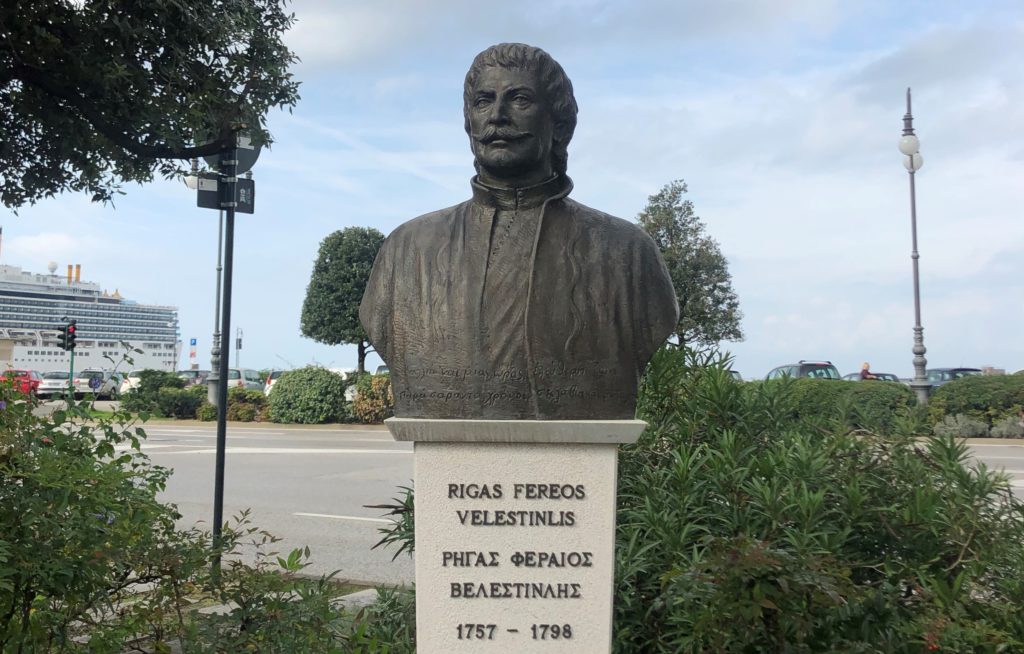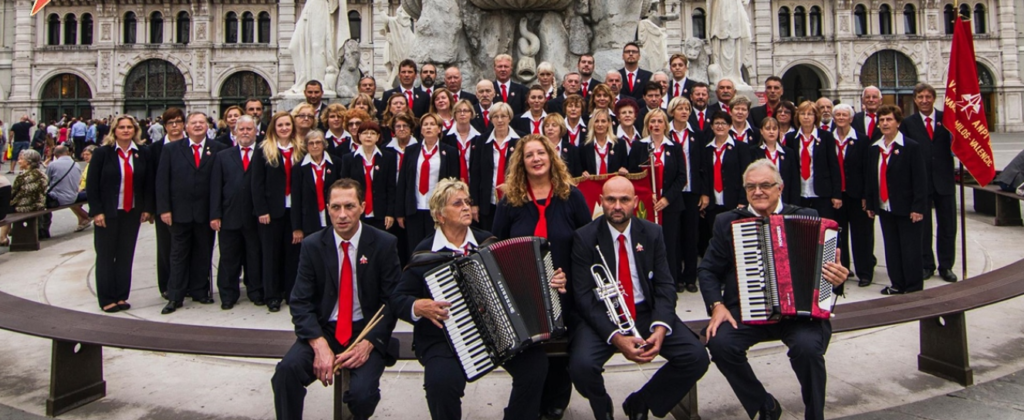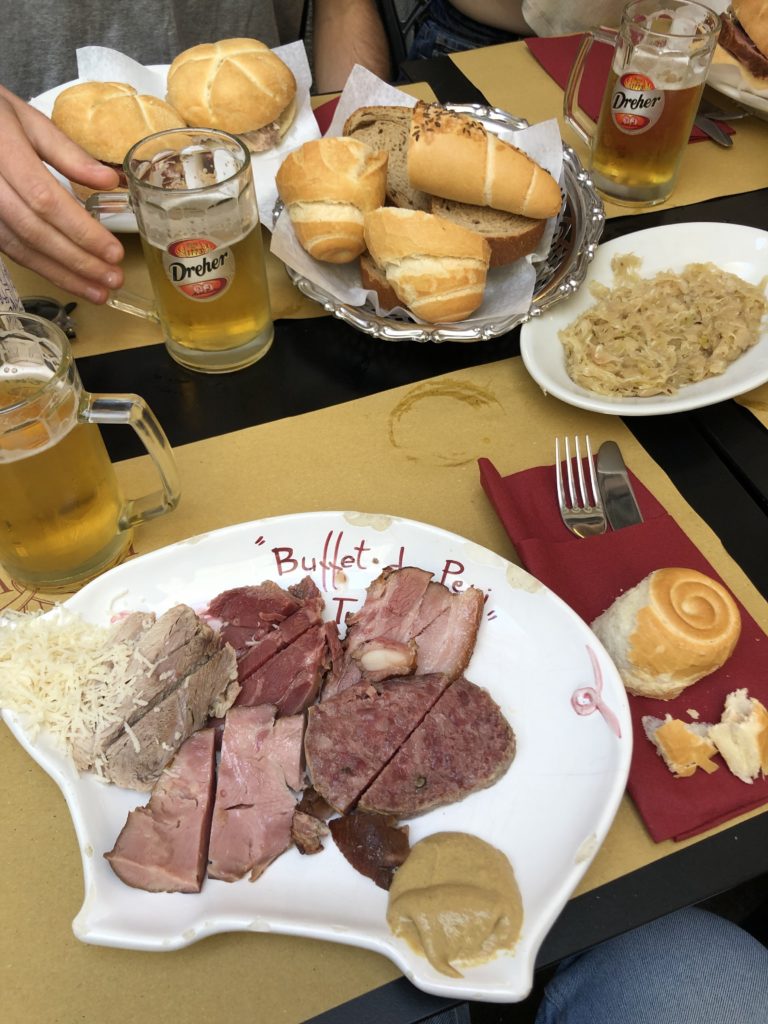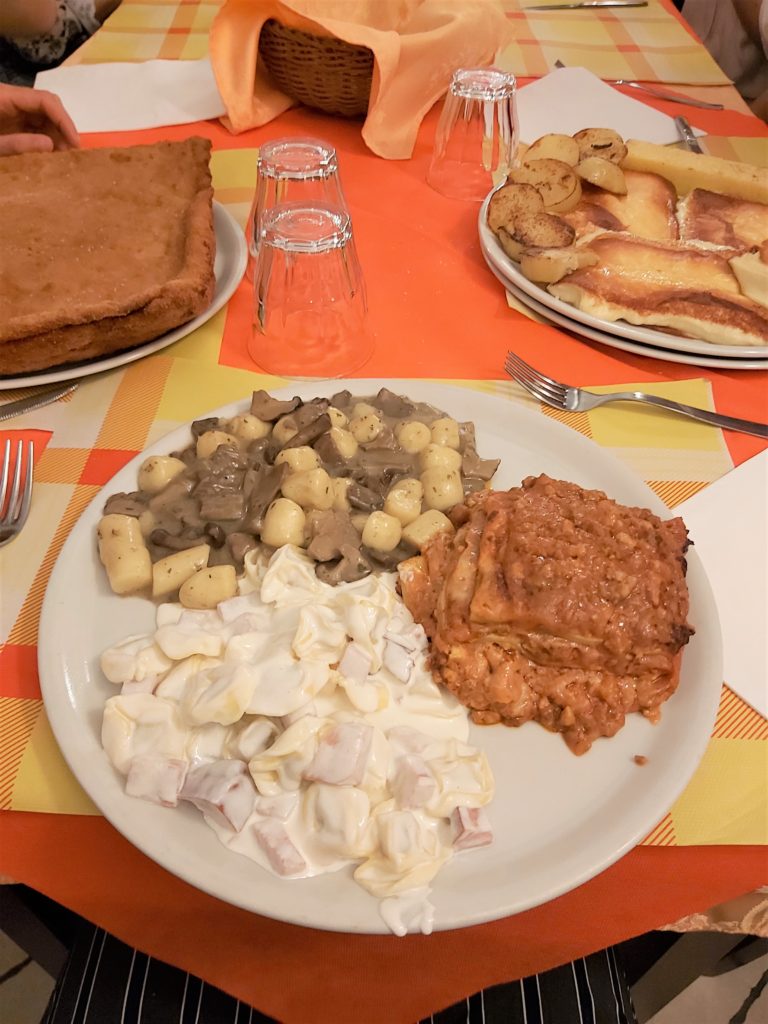As social creatures, humans are defined by their relation to others. Our identities are built around a sense of belonging (or not belonging) to specific communities, of which an immeasurable number exist. Some we choose to join, while others we are born into, but the sum of our involvement makes up a significant part of who we are. A shared heritage or understanding of the past is often what defines communities, but it can also build tension and conflict between and within them. The interconnected nature of heritage and community forms the basis for this podcast. Reflecting on their case studies, Jihyun Park, Holly Bean, and Zachary Sweeney-Lynch discuss the role of community in the construction, interpretation, and experience of heritage. Communities of nationality, remembrance and shared values are among the topics, along with communities built around the preservation of intangible cultural heritage: food, music, and dance. Join us as we break down the multi-dimensional nature of communities, and explore the connections between our diverse research subjects.

The Greek diaspora has left a significant mark on several port-cities in the Mediterranean area, including Trieste/Trst. It was common for the Greek diaspora to exercise significant leverage at the heart of local communities and have a significant impact on economic development. Several Greek-related historic buildings around the port area and the main Piazza Unita d’Italia are the standing evidence of the community’s lavish past. In her research, Jihyun Park has charted the migration memory of the Greek community by studying both its tangible and intangible heritage. For many centuries, the Greek community has valued integration within the local community. This is clearly shown in the narrative of the community museum, located inside the Greek Orthodox Church of St. Nicholas. By studying the migration memory of the Greek community, Jihyun was able to analyse the relationship between this cultural minority and the idea of a cosmopolitan Trieste/Trst. Most importantly, she explored how the identity politics of the city of Trieste/Trst shapes the memoryscape of the community in the present.
A central component of intangible heritage and tourism is ‘authenticity’, yet the concept has become a blanket term to describe the ‘truth’ or ‘essence’ of heritage. By analysing four restaurants in the region — Il Melograno, Eataly, Trattoria Da Gianni, and Buffet da Pepi —Holly Bean explored the variety of values that feed into the concept of ‘authenticity’. Il Melograno transmits an environmentally friendly and modern twist to classic recipes, thus providing a space for tourists to eat their expected Italian cuisine while experiencing something more modern. Eataly welcomes a sense of community entirely within its four walls, with multiple dining possibilities and local products for sale so tourists can bring Italy home with them. Trattoria Da Gianni constructs a different form of community. By embracing the myth of Italian cuisine — homestyle cooking, large portions and a feast-like atmosphere — people gather in a sense of nostalgia. Buffet da Pepi utilises Austrian-Hungarian nostalgia to create a sense of tradition and legacy in the fabric of Trieste/Trst’s complex history. Each restaurant constructs its own legitimised ‘authenticity’ through self-chosen values; each aims to create a sense of belonging and a lasting experience for the visitor to take home as a cherished memory.

The Trieste/Trst Pinko Tomažič Partisan Choir was founded in 1972 by former Yugoslav Partisans. The name of the choir commemorates a Triestine native and resistance leader who was executed by occupying fascist forces in 1941. Since its foundation, the choir’s mission has been to keep alive the traditions of the resistance and to preserve Partisan songs, while promoting values of peace, unity, comradery, tolerance and equality. Today, as Zachary Sweeney-Lynch found out, the choir has over seventy members, and performs across Italy, Slovenia, and other parts of Europe. In 2013, they received Slovenia’s Golden Order of Merit for consolidating national consciousness abroad, maintaining resistance traditions, and promoting Slovene culture. But alongside Slovenian and Yugoslav Partisan music, the choir perform a variety of foreign antifascist, resistance, and revolutionary songs. The Partisan songs that make up the basis of their repertoire are also used to respond to contemporary social and political issues. The choir thus exists on a borderline between heritage and political choir, preserving Partisan songs, while actively translating their values into the present. They are a crucial element of the Slovenian community in Italy, evoking the cultural heritage of Yugoslavia and the Partisans, and as they approach their fiftieth anniversary their belief in the power of Partisan music is a strong as ever.

